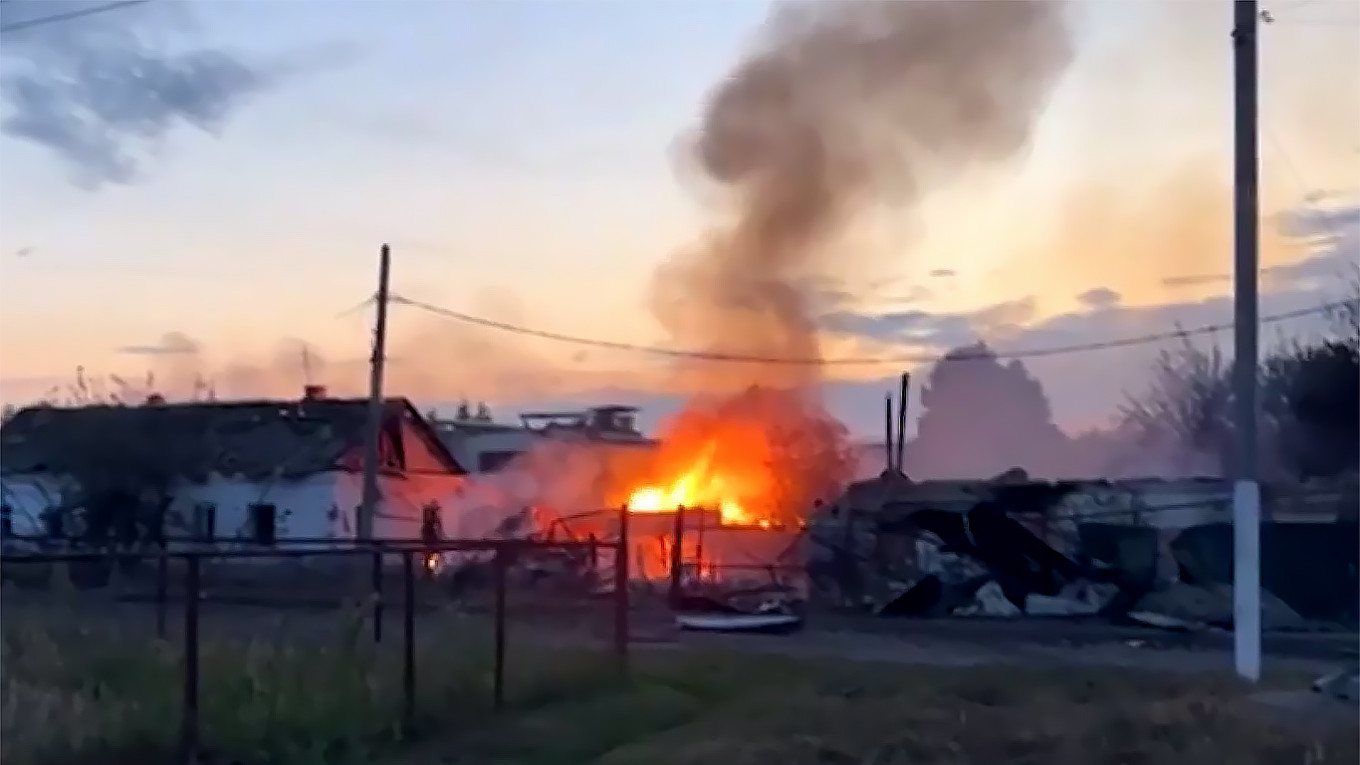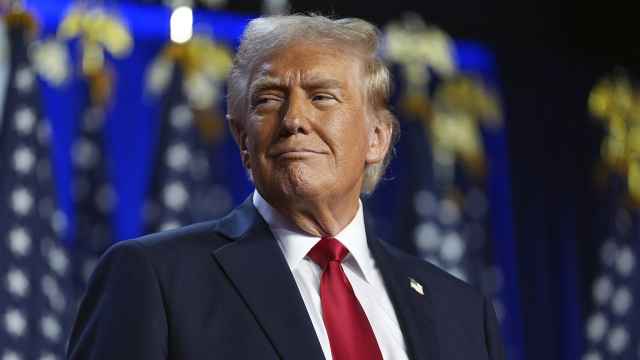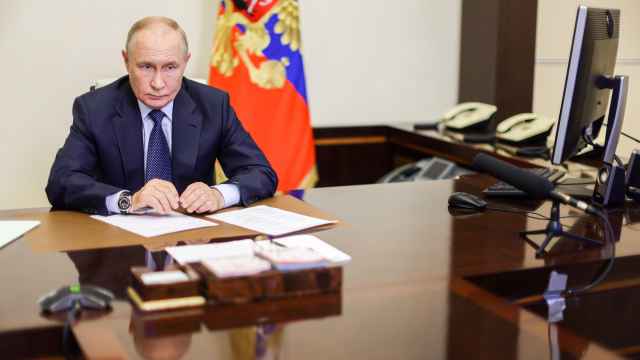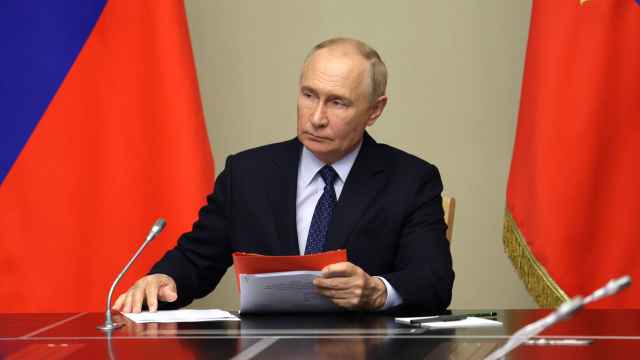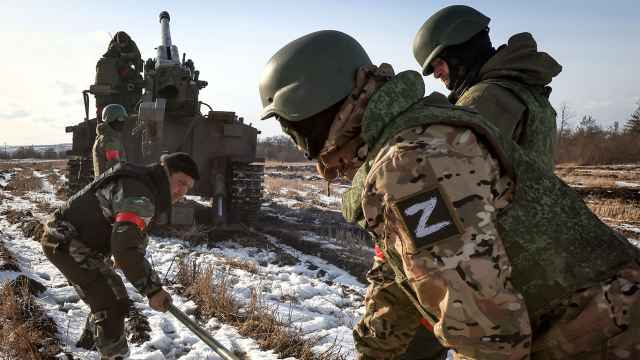This article was first published by Politika.Kozlov.
Ukraine’s surprise incursion into Russia's Kursk and Lipetsk border regions has stunned the Russian military and come as a “slap in the face” to President Vladimir Putin personally, four Russian officials told Politika.Kozlov.
The ongoing offensive, which Russia has failed to repel for three days, has exposed Russia’s territorial defense shortcomings and undermined Putin’s propaganda coup as the rescuer of an FSB hitman and failed Russian spies in last week’s prisoner swap with the West.
“The chief [Putin] was in a poor mood … He probably hasn't been seen like this since our [Russian army] was forced to retreat from Kherson in the fall of 2022,” said an official involved in preparing Kremlin events involving Putin.
The official, along with Politika.Kozlov’s other sources, spoke on condition of anonymity due to the sensitivity of the topic.
Putin’s appearance and facial expressions during his public appearances on Wednesday and Thursday indicated that he was “dissatisfied” and “annoyed” with the situation, several Russian officials who have known Putin personally for years told Politika.Kozlov.
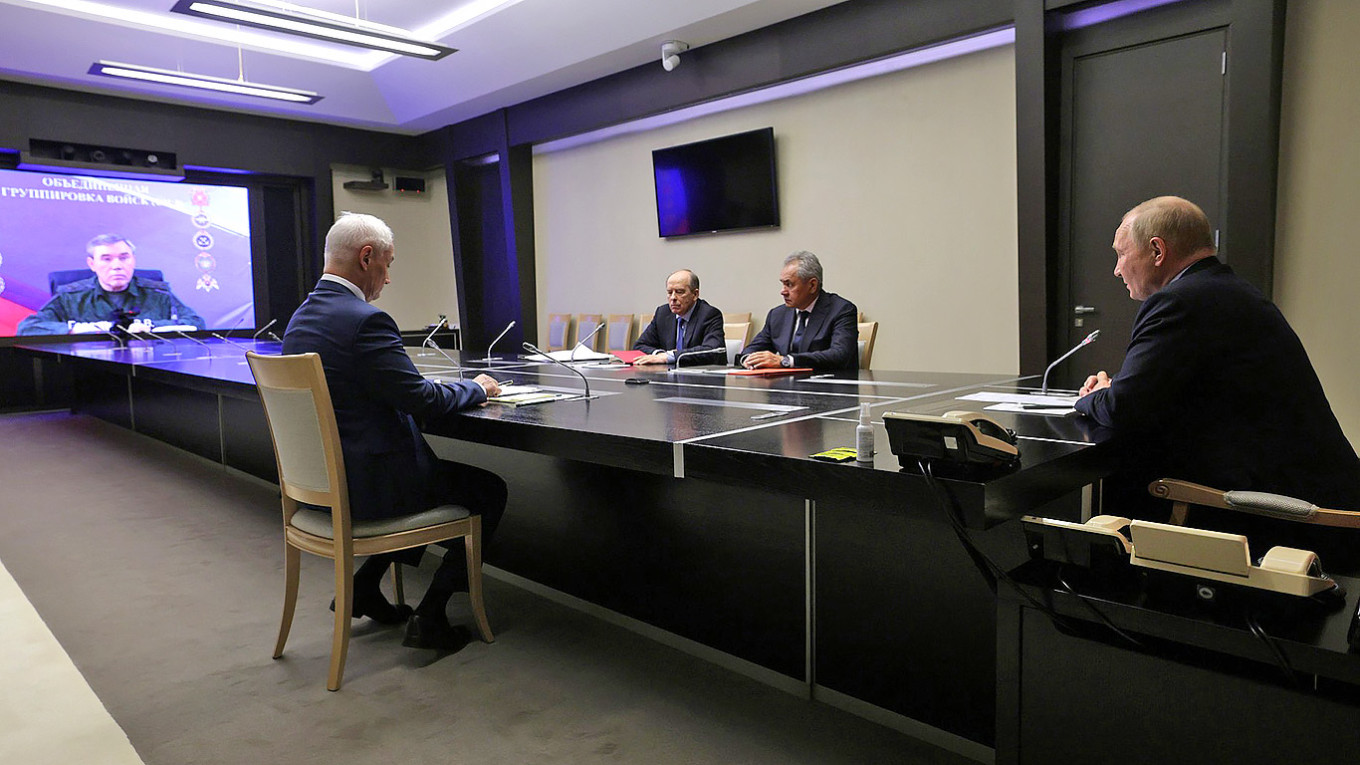
Since launching the assault on Tuesday, Ukraine’s forces have reportedly captured a key transit point for the only active gas pipeline between Russia and Europe via Ukraine, causing European gas prices to spike; attacked a military airfield in the Lipetsk region; struck a Russian military convoy; and forced thousands of civilians to evacuate.
The attack was so shocking that it forced Putin to publicly address an issue that could damage his personal ratings, a rare move for the president who typically prefers to remain in the shadows, with his aides stepping into the firing line to comment.
On Wednesday, Russian state media broadcast Putin’s meetings with government officials and the leadership of the army and special services where he discussed the Ukrainian incursion into the Kursk region.
While Putin acknowledged the problem, he refrained from calling the incident a failure by the Russian army to secure the border, merely describing the incursion as a “large-scale provocation" without commenting on the Russian army’s ability to prevent it.
On Thursday, Putin again commented on the incursion, describing it as a “situation” and “circumstances.”
However, a Russian official close to the Defense Ministry characterized the incident as a “failure” and suggested that it could even potentially hurt Chief of the General Staff Valery Gerasimov, who was shown reporting to Putin that “the enemy will be stopped and thrown back” on Wednesday.
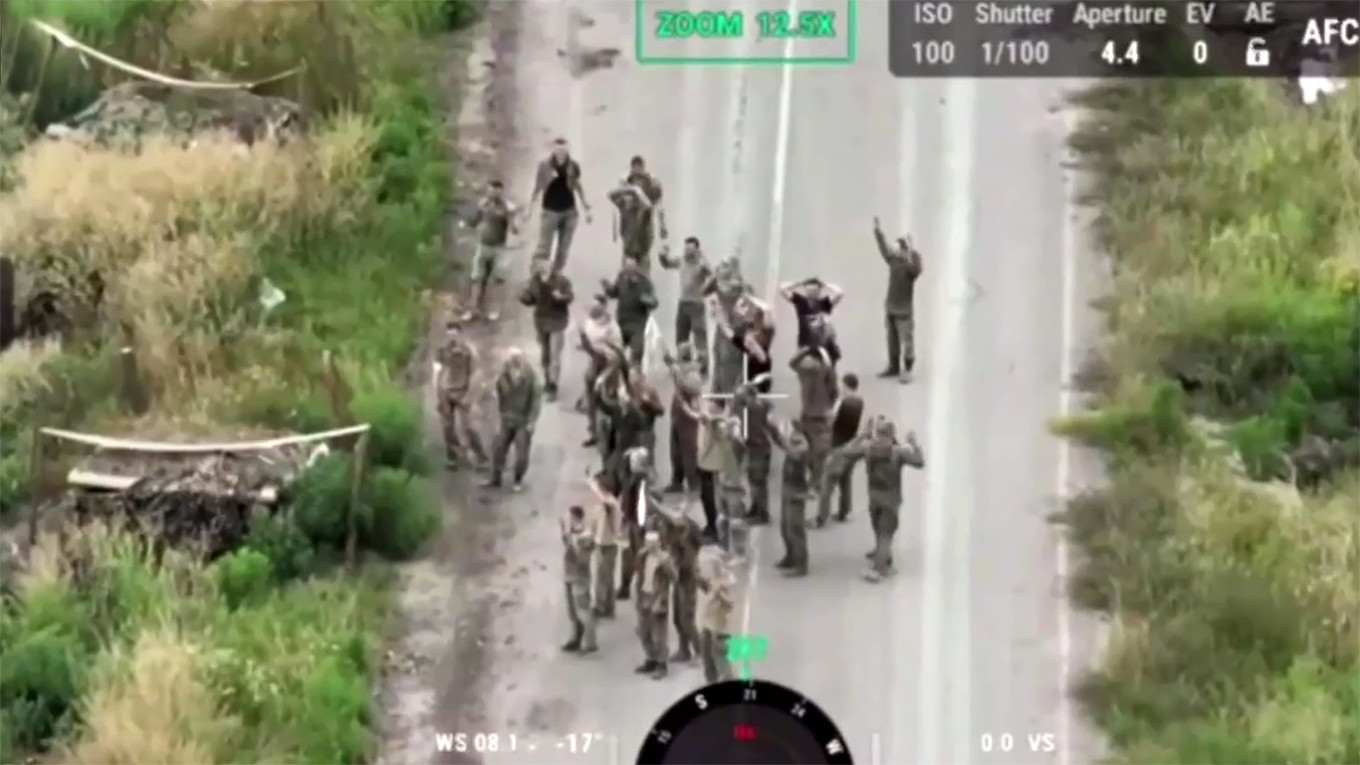
Bloomberg cited a source close to the Kremlin as saying that Gerasimov seemingly dismissed Russian intelligence warnings that Ukrainian troops were gathering near the Kursk region’s border as much as two weeks before the start of the assault.
The Kremlin would have preferred for Putin to not comment on the subject altogether, Politika.Kozlov understands.
But independent Russian news websites, YouTube channels and even pro-war Telegram channels circulated reports and videos making it clear the Russian army was caught off guard, forcing Putin to respond.
Soon after, users across Russia reported widespread outages of YouTube.
It was also evident that local and regional authorities, with the Kursk region headed by a Putin-appointed newcomer up for re-election in September, were unable to organize civilian evacutaion from the captured settlements. Many had to evacuate on their own or hide in residential areas under attack by Ukrainian artillery, with some taking refuge in an Orthodox church.
Residents of the Kursk region’s Sudzhansky district published a video appeal to Putin after the offensive forced them to evacuate.
“Our relatives, husbands and neighbors are defending Donbas. We have lost our land, we have lost our homes, we fled under shelling, many without documents. We want to ask for help, we have been left alone,” they said in the video. “We are used to the shelling, we supported the SVO (special military operation), we helped our army and we have continued to help from the first days of the SVO.”
The Ukrainian army's operation has “made Putin nervous,” a government official told Politika.Kozlov.
“This is a slap in the face for the president. We have been unable to push the enemy back for [three days]. A danger to the population has been created in Russia’s regions. European gas has gone up in price. This is not how a country confident of its victory behaves,” the source said.
“Our border guards are seen encircled and fighting. Conscripts have been captured. It is clear that the Ukrainians’ offensive [would only be a short-term success]. But still, what has happened is very unpleasant, reputation-wise,” he continued.
Ukraine's operational aims are largely propagandistic, as the most crucial frontline areas are located in the Donbas, Israeli military expert David Sharp noted.
“However, everyone is discussing [the incursion], even Putin himself. Which means it's a kind of public slap in the face to the Russian government,” Sharp told Politika.Kozlov.
The Ukrainian-Russian border is so long that there is no need for either side to station its most powerful units there, Sharp said, meaning each side can launch a surprise strike against the enemy's weaker forces.
“I would call it more of a PR action. Taking this territory under long-term control when there are plenty of challenges on other parts of the front is not practical for the Ukrainians,” Sharp said.
A Message from The Moscow Times:
Dear readers,
We are facing unprecedented challenges. Russia's Prosecutor General's Office has designated The Moscow Times as an "undesirable" organization, criminalizing our work and putting our staff at risk of prosecution. This follows our earlier unjust labeling as a "foreign agent."
These actions are direct attempts to silence independent journalism in Russia. The authorities claim our work "discredits the decisions of the Russian leadership." We see things differently: we strive to provide accurate, unbiased reporting on Russia.
We, the journalists of The Moscow Times, refuse to be silenced. But to continue our work, we need your help.
Your support, no matter how small, makes a world of difference. If you can, please support us monthly starting from just $2. It's quick to set up, and every contribution makes a significant impact.
By supporting The Moscow Times, you're defending open, independent journalism in the face of repression. Thank you for standing with us.
Remind me later.


